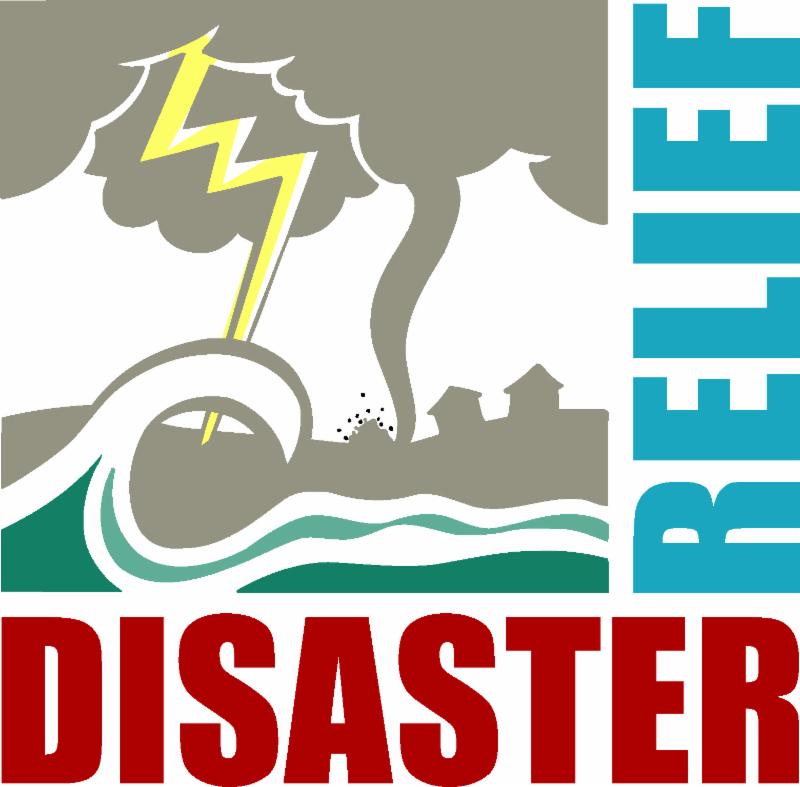FAYETTEVILLE, Ark. – The U of A community has been watching reports of record flooding in Louisiana, and looking for ways to help in the recovery – especially for chances to work with our SEC colleagues at LSU.
At this point, reports show flood waters are subsiding in Baton Rouge and across Louisiana, and officials there are just beginning to understand the extent of the damage.
LSU is located on relatively high ground in Baton Rouge and their president said the campus has escaped the worst of the flooding. Leaders there are now turning their attention to students and members of their faculty and staff who live in the flooded areas – as well as the Baton Rouge community as a whole.
Leaders of the U of A’s Center for Community Engagement report that St. Paul’s Episcopal Church in Fayetteville is collecting relief supplies and will send a truck load to Louisiana on Saturday, Aug. 20. A very specific list of items being collected – and drop off points – can be found here.
Angela Oxford, director of the U of A center, also wants to remind the campus community of the practical ways to help in the aftermath of a natural disaster:
- Wait to volunteer. Only trained disaster response volunteers are needed during the first few days and weeks. Response agencies need to serve victims, not manage untrained “spontaneous volunteers.”
- Send money. Donations to the Red Cross and other relief agencies are the most effective early response. Supplies can be purchased and money can pay to bring supplies into the community.
- Only donate requested items. Response agencies will ask for what they need. Everything else can be more of a burden than a help.
“In the coming weeks there will be other opportunities to help,” said Oxford. “For now the best thing people can do is stay away from the area and let the people who are trained disaster relief specialists do their job.”
About the University of Arkansas: The University of Arkansas provides an internationally competitive education for undergraduate and graduate students in more than 200 academic programs. The university contributes new knowledge, economic development, basic and applied research, and creative activity while also providing service to academic and professional disciplines. The Carnegie Foundation classifies the University of Arkansas among only 2 percent of universities in America that have the highest level of research activity. U.S. News & World Report ranks the University of Arkansas among its top American public research universities. Founded in 1871, the University of Arkansas comprises 10 colleges and schools and maintains a low student-to-faculty ratio that promotes personal attention and close mentoring.
Contacts
Angela Oxford, director
Center for Community Engagement
479-575-4365,
Steve Voorhies, manager of media relations
University Relations
479-575-3583,
